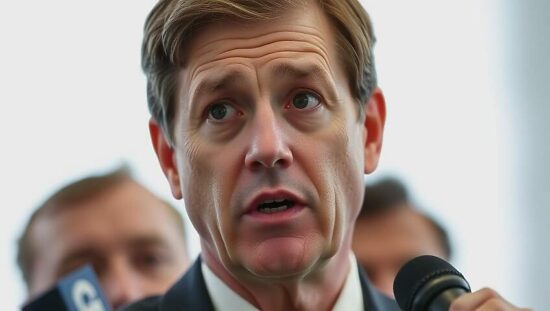The newly formed German government has laid important groundwork in security policy, according to Ifo Institute President Clemens Fuest, although refinements are still needed in other areas.
Fuest noted that the coalition’s reform of the debt brake has created the fiscal space for significant, credit-financed defense spending. However, he cautioned that effectively deploying these funds to ensure Germany contributes to global peace and security presents a considerable challenge.
Positive aspects of the government’s agenda include proposals to ease bureaucratic burdens on businesses concerning the Supply Chain Due Diligence Act. Fuest emphasized the necessity of additional steps at the European level to reduce unnecessary reporting requirements related to sustainability. He described the initiative to foster innovation and entrepreneurship as a welcome development, citing improved research funding and expedited startup procedures as steps in the right direction. Regarding special debt instruments for infrastructure projects, he stressed the importance of ensuring these funds are directed toward genuine additional public investments.
However, Fuest also expressed concern about several measures implemented by the government that he believes do not limit spending or bolster economic growth. He specifically criticized the early retirement scheme, characterizing it as bureaucratic and involving the indiscriminate allocation of funds to many young people who do not require it. The permanent reduction of value-added tax for the hospitality sector was identified as a fiscal policy misstep.
Overall, Fuest described the economic policy performance of the new government as a mixed bag. He acknowledged that the government is only a few months into its tenure and has the opportunity to adjust its course in the coming months.





